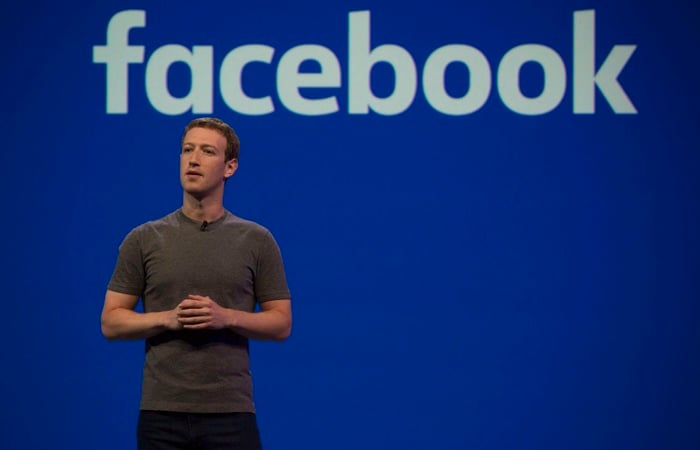
Facebook is apparently working on its own operating system to replace Android. The new OS will be used in the company’s own hardware, which includes devices like Oculus and the Facebook Portal devices that currently use Android. Facebook wants to use its own operating system for these devices to have more control over the software and user experience.
Why Facebook Wants Its Own OS
The new OS is being built by Mark Lucovsky, who co-wrote Windows NT. This move signifies Facebook’s ambition to reduce its dependency on other tech giants like Google, which owns Android. By developing its own operating system, Facebook aims to create a more integrated and seamless experience for its users. This could also potentially enhance security and privacy, as the company would have full control over the software stack.
Currently, Facebook will keep its smartphone apps on Android. This new OS is just for their own hardware. However, if the new OS works out for the company, who knows? Maybe we could see a new Facebook Phone in the future with their own OS. It will be interesting to see what the company comes up with and what this new OS will be like.
Potential Benefits and Challenges
Creating a new operating system is no small feat. It requires significant resources, time, and expertise. However, the potential benefits for Facebook are substantial. For instance, having its own OS could allow Facebook to innovate more freely without being constrained by the limitations of Android. This could lead to unique features and functionalities that set Facebook’s hardware apart from the competition.
Moreover, a proprietary OS could offer better integration with Facebook’s suite of apps and services, providing a more cohesive user experience. For example, Oculus devices could have more advanced social features, and Facebook Portal could offer more seamless video calling and smart home integrations.
On the flip side, developing a new OS comes with its own set of challenges. One of the biggest hurdles is building a robust and secure platform from scratch. Security vulnerabilities could be a significant concern, especially given Facebook’s history with privacy issues. Additionally, gaining developer support for a new OS can be challenging. Developers are already invested in existing platforms like Android and iOS, and convincing them to create apps for a new OS could be an uphill battle.
Examples from Other Companies
Facebook is not the first company to attempt creating its own operating system. For example, Apple has successfully developed iOS, which powers its iPhones and iPads. This has allowed Apple to create a tightly integrated ecosystem that offers a seamless user experience. Similarly, Google has developed Chrome OS for its Chromebooks, providing a lightweight and efficient platform for web-based applications.
However, not all attempts have been successful. Microsoft’s Windows Phone OS, despite being well-received initially, failed to gain significant market share and was eventually discontinued. This serves as a cautionary tale for Facebook, highlighting the challenges of entering a market dominated by established players.
Future Prospects
If Facebook’s new OS proves to be successful, it could open up new avenues for the company. For instance, a Facebook Phone running on this OS could offer unique social media features and integrations that are not possible on other platforms. Additionally, the OS could be extended to other types of hardware, such as smart speakers, wearables, and even smart home devices.
In conclusion, Facebook’s move to develop its own operating system is a bold and ambitious step. While it comes with its own set of challenges, the potential benefits could be significant. It will be fascinating to see how this project evolves and what innovations it brings to the table.
Source TechCrunch
Latest Geeky Gadgets Deals
Disclosure: Some of our articles include affiliate links. If you buy something through one of these links, Geeky Gadgets may earn an affiliate commission. Learn about our Disclosure Policy.